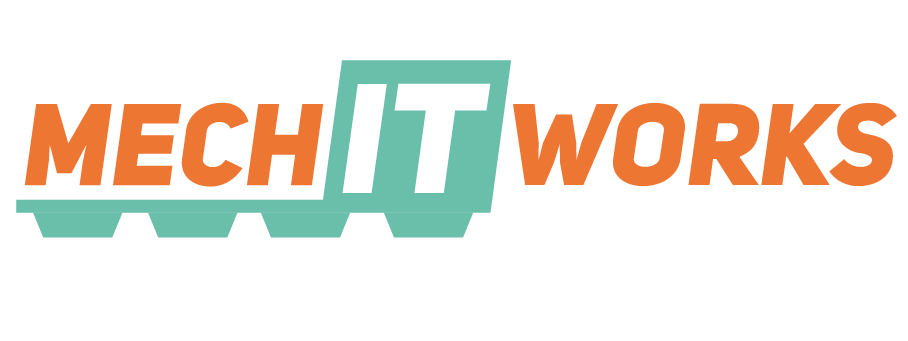I’ve learned a lot in the last 10 years in mechanical engineering. In this article, I chose 7 points that any new engineer should focus on early in their career. I want to be clear that the most important skill is to adapt and work on feedback where it works in your situation.
1. Building knowledge on proper foundations will accelerate your growth.
Building knowledge and connecting it to basic physics or math will allow you to use the knowledge better in the future. You could learn that this is about 3x that. Or you can learn that this is based on a rule of thermodynamics where the formula is directly derivative from whatever unit you have.
2. Don’t accept vague idea’s in your mind.
Often you will be tasked with something, or you get a small piece of a puzzle and have to work something out. It can be easy to just work it out, assume the puzzle piece is correct and continue. But this is something you should avoid, try to reason out why things happen and talk with others about why something is done in a certain way. Yes, even when it is not your field it will still help you in the long run. Knowing about electronics or controls will make you a better mechanical engineer. Knowing about the process will make you a better piping designer.
3. Practice professional self-sufficiency.
Try to always have everything lined up for yourself, make notes of meetings, be observant of others and save/build knowledge that you can easily access yourself. If someone asks you about something that happened a year ago, you can just whip out your notes, which will make you more competent. This will also help you find something you worked out a long time ago and get a running start again.
4. Read the manual
There is so much documentation written in manuals, that explain how it works and often enough calculations/formulas on how to work with a supplied product. A lot of time has gone into making this concise but still usable for engineering. Suppliers are also a great resource to ask questions, they know a lot about their product and in a world of millions of different niches, the shortest way to the answer is usually the supplier.
5. Accept that you are still junior and be humble about it
There will be others with decades of experience and it will be impossible to memorize everything they know. Some will expect it even if this is unfeasible and you will make mistakes. This is all part of the process and should also be expected by your boss. You must strive to improve and have a positive attitude. Coming out of college with arrogance is not a good look, even if you can back it up.
Most people would prefer to work with someone who is slower but also easy to work with and communicates clearly than an engineering whizkid with an attitude and who keeps blaming others.
6. Communication is key
It took me quite some time to realize that the way you communicate in your head, could not be further to how it is received. It would often seem that you are talking in a different language than the other person, even when you are talking in the same language! Communicating is about sending and receiving and those that are best at it. Use them without thinking about it. Some of the important ones are to repeat what you think someone said in your own words to them. Confirming things even if it doesn’t seem 100% necessary and avoid instances where you communicate with multiple layers (people) in between.
Get some books on business communication, learn the techniques and practice them until you do them without thinking about it.
7. Don’t overwork yourself
1. In the end, you work to live, and not the other way around. Be very wary of the different warning signs you might be taking on too much stress and/or work, where your body and mind can’t take it after some time. You are just starting and don’t know how much you can take. Make sure to watch for signs and set your limits. It is also important to do those things that help you wind down, talking with a friend, exercising or going on a trip.
